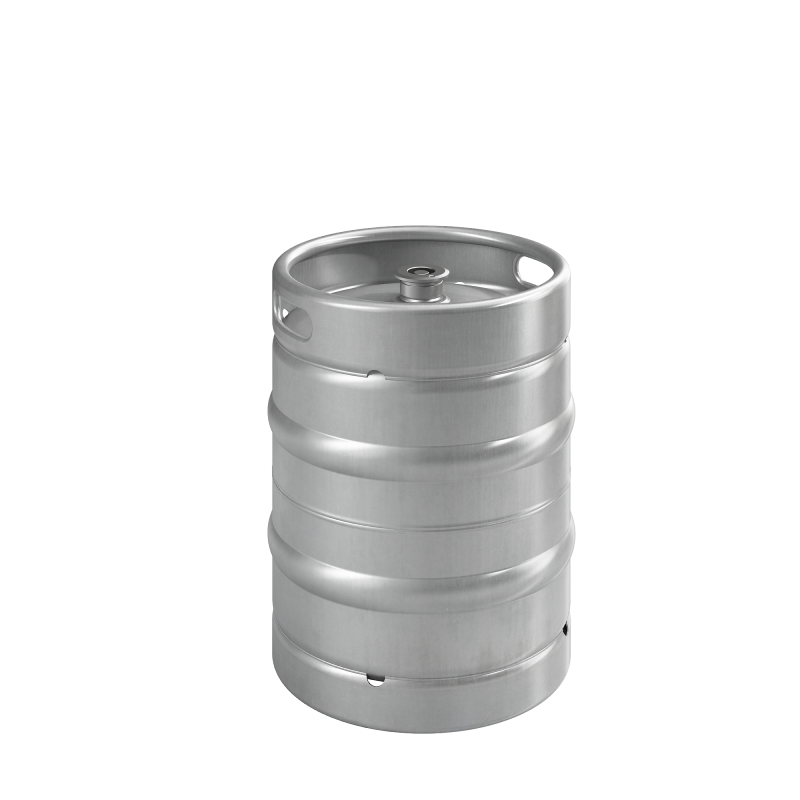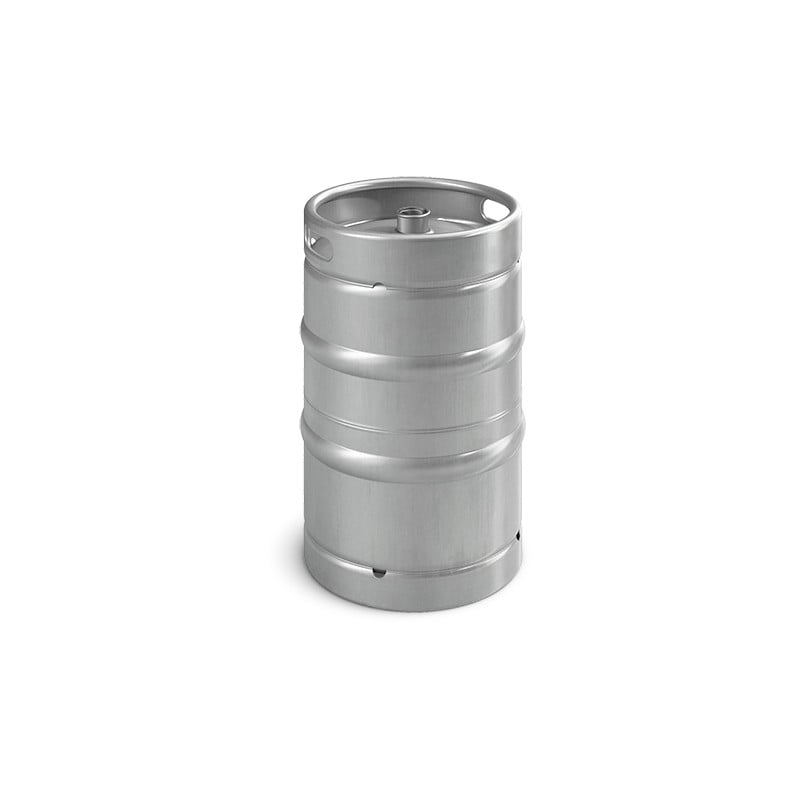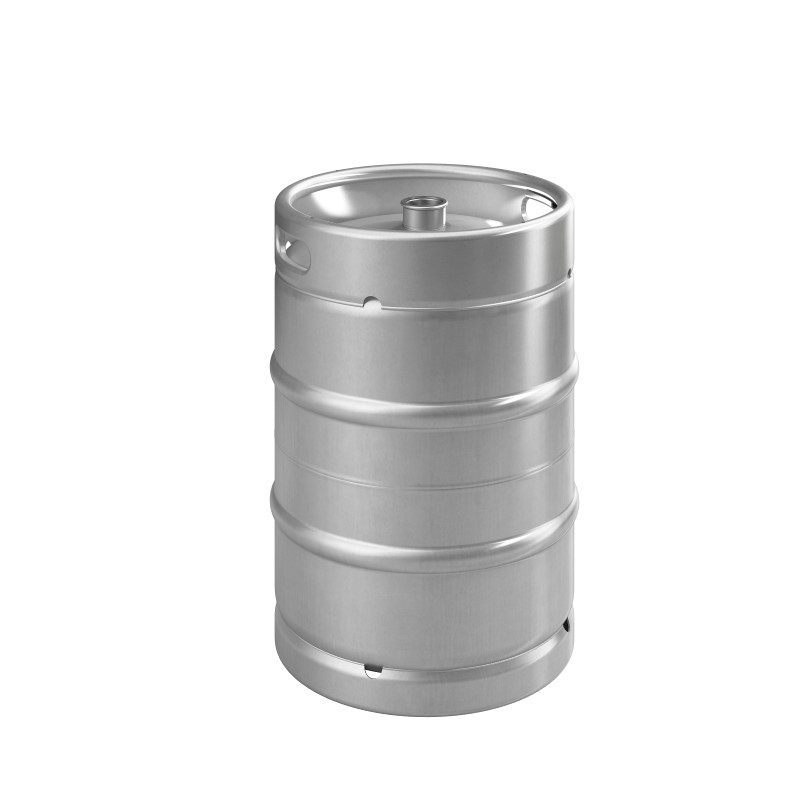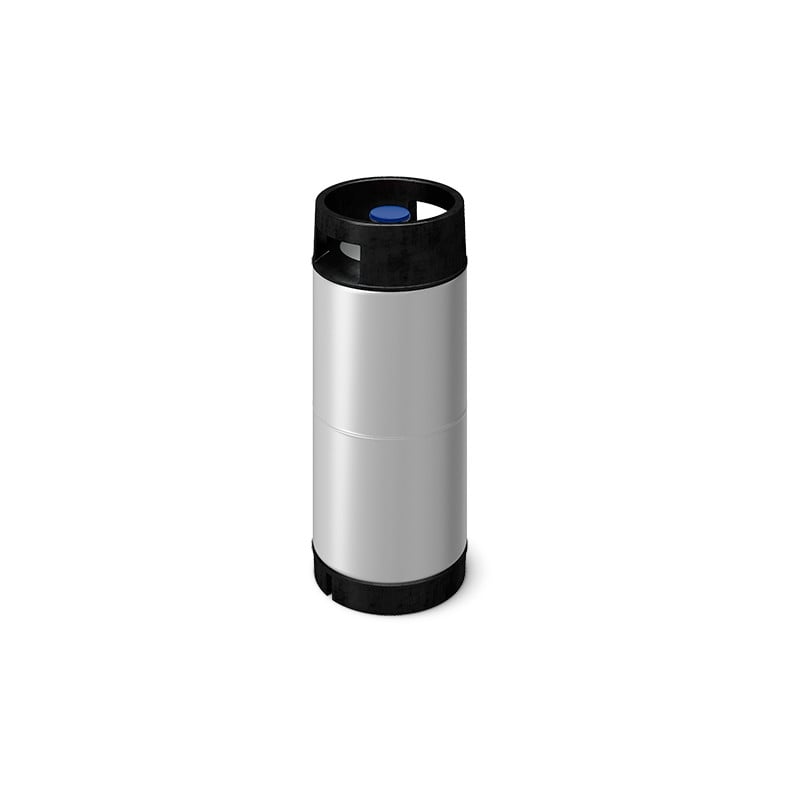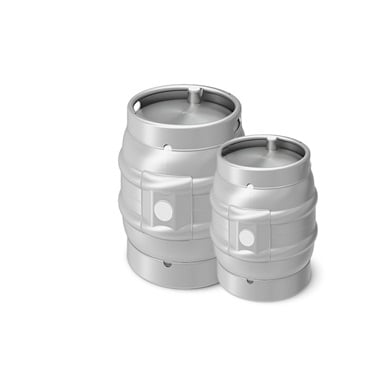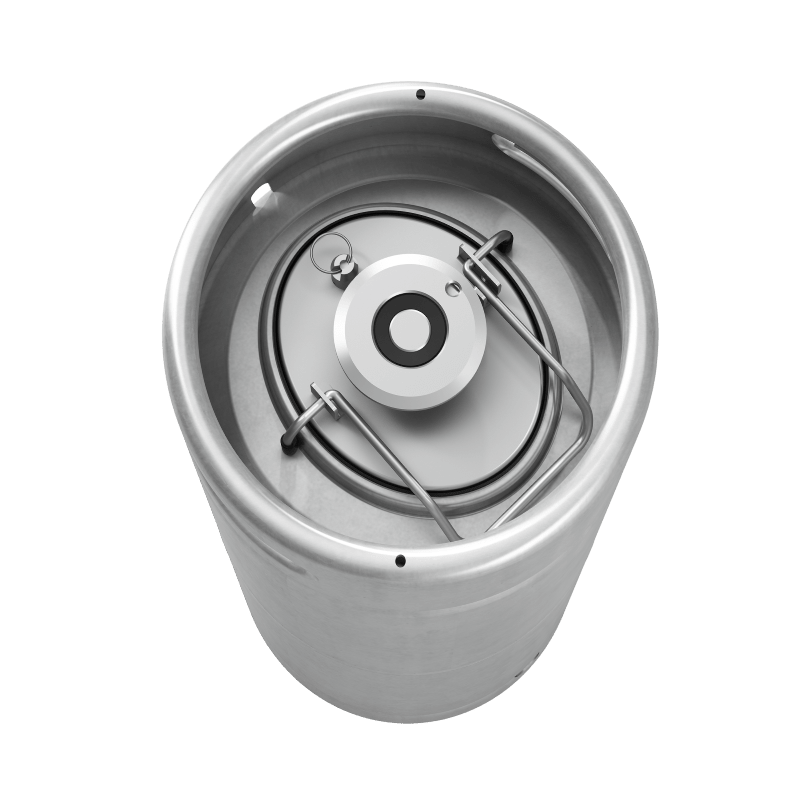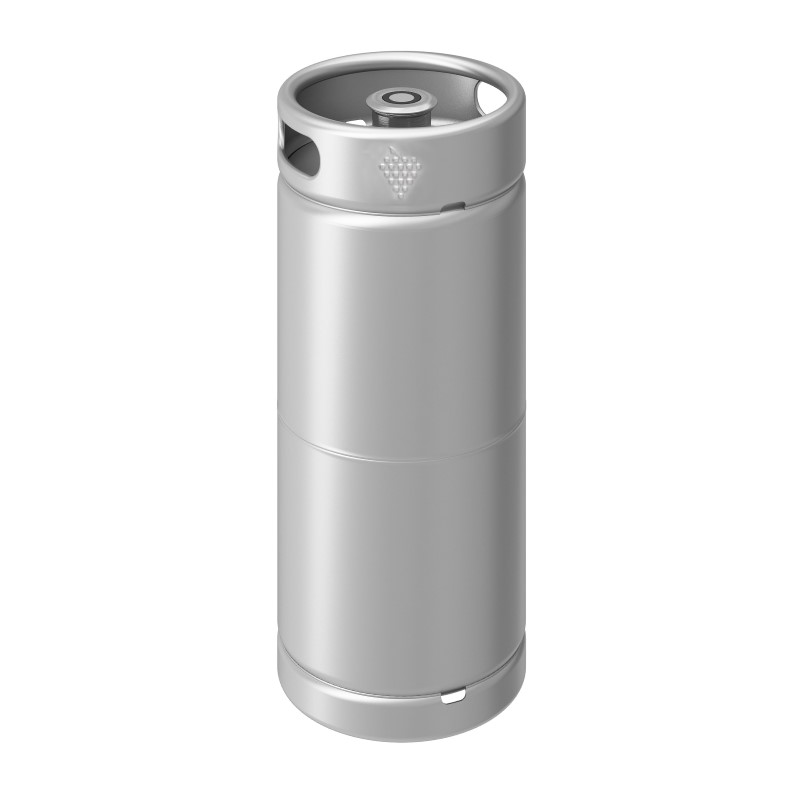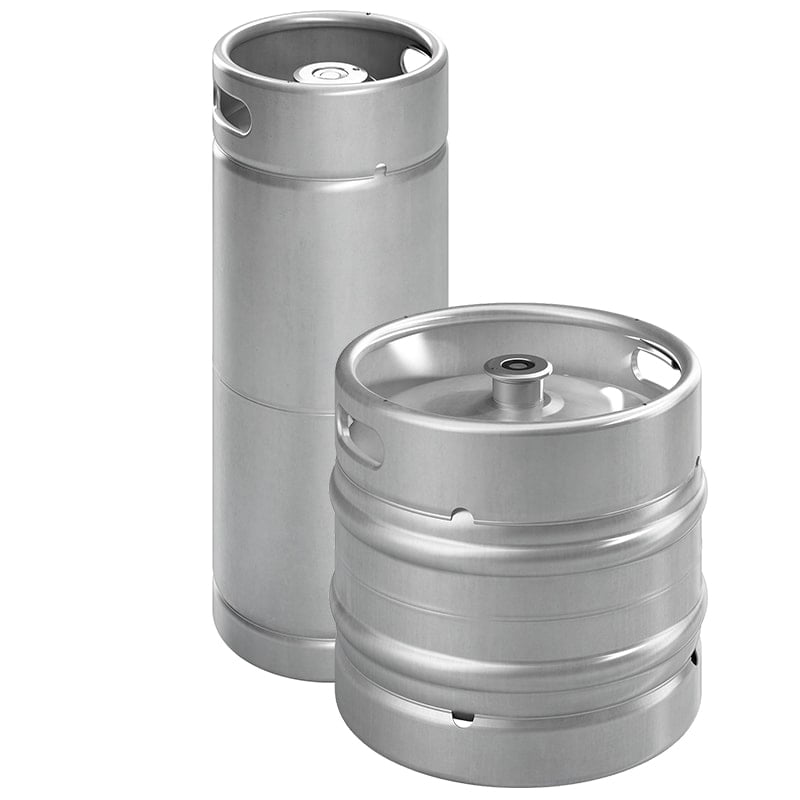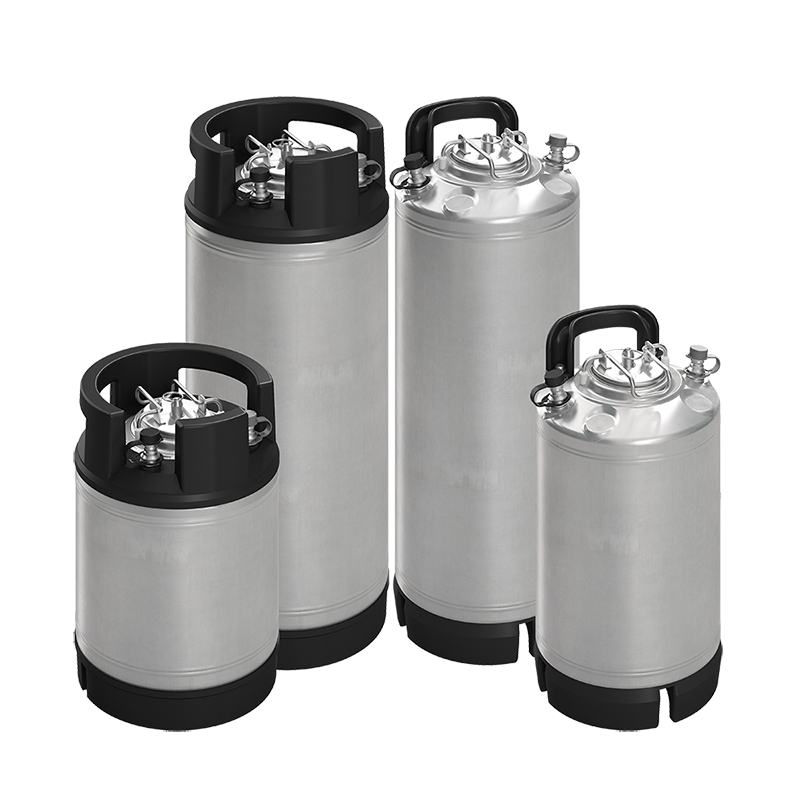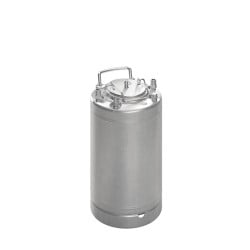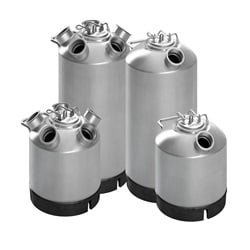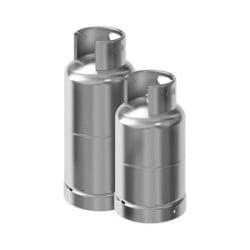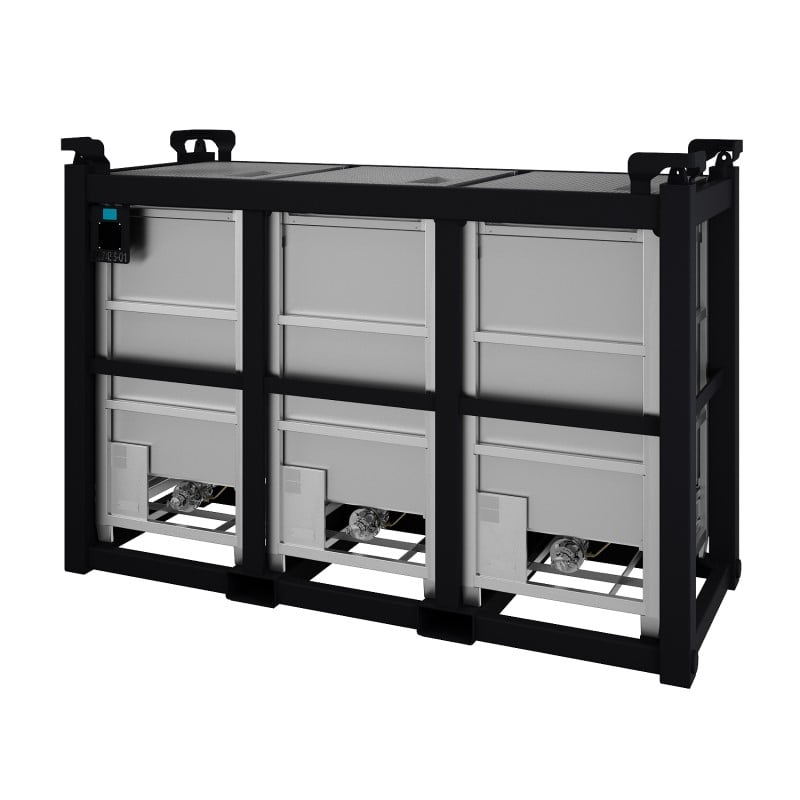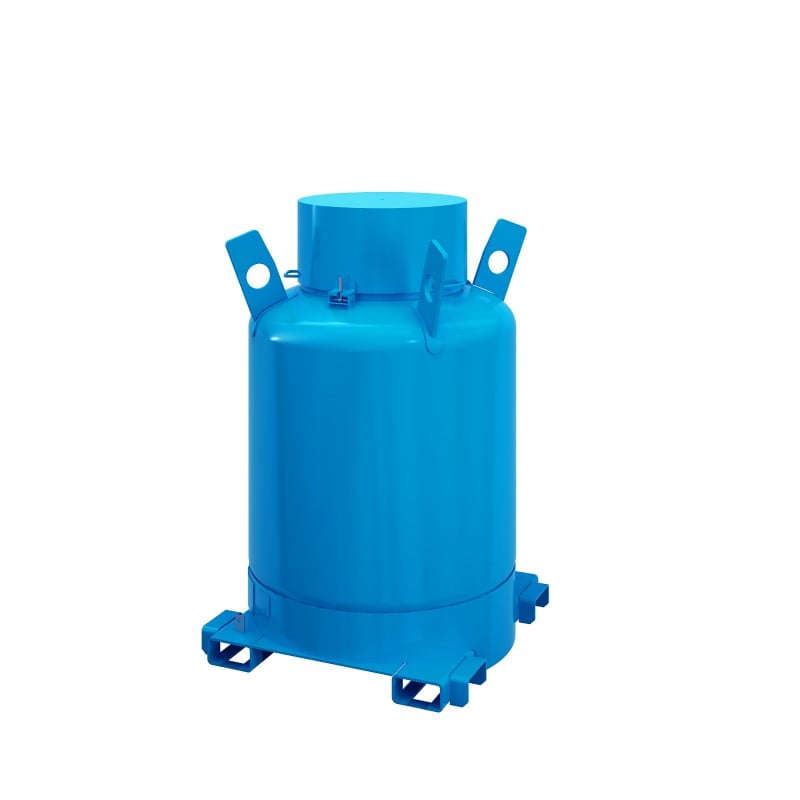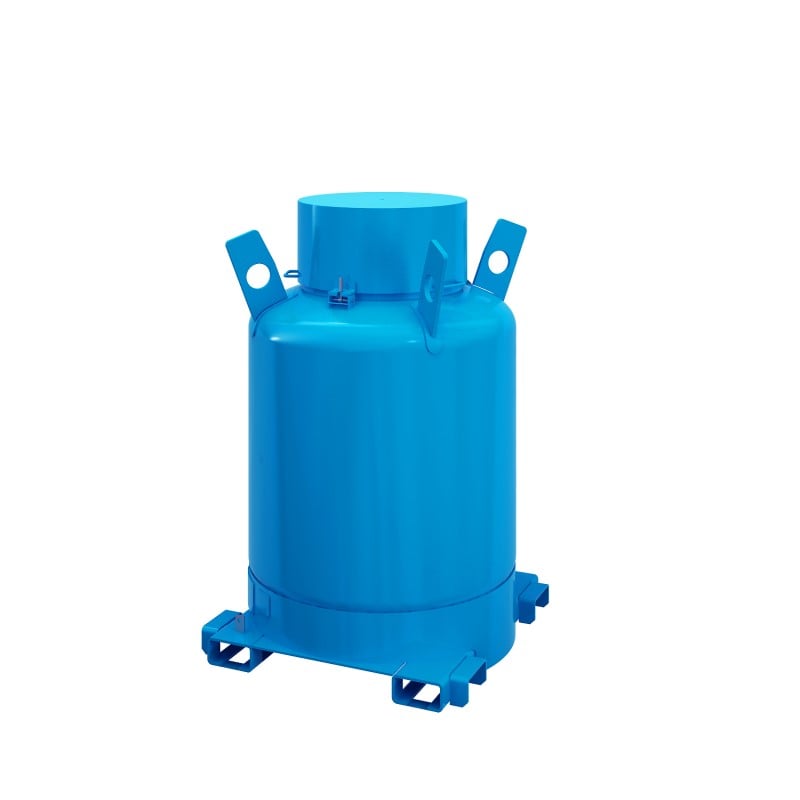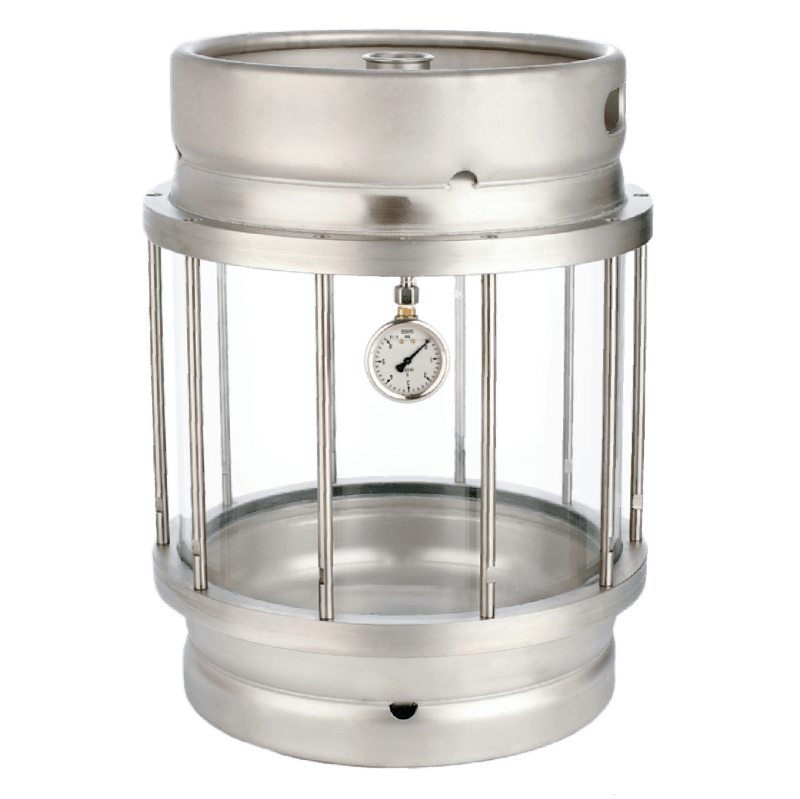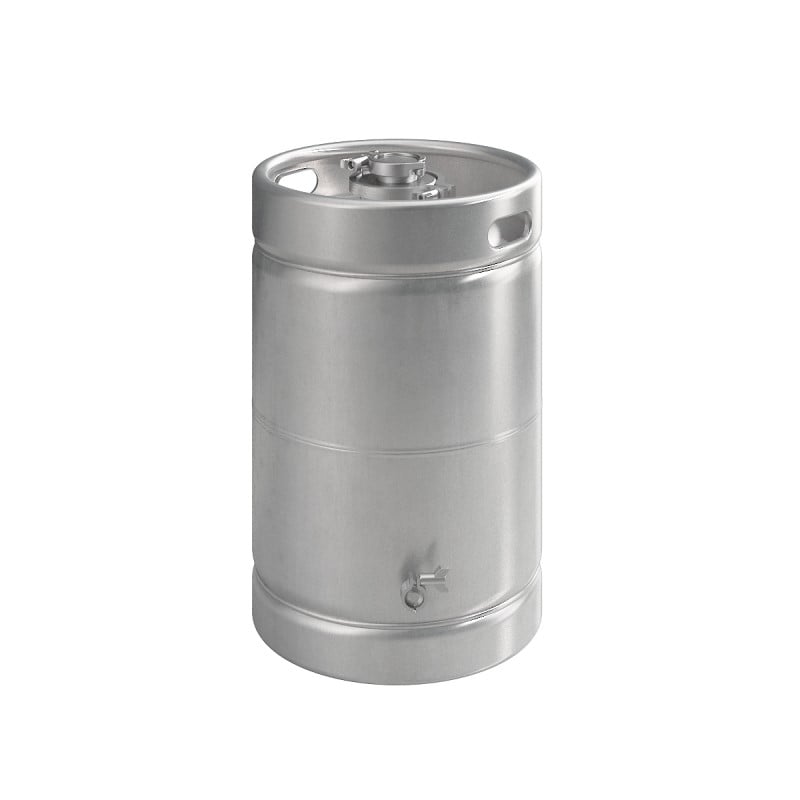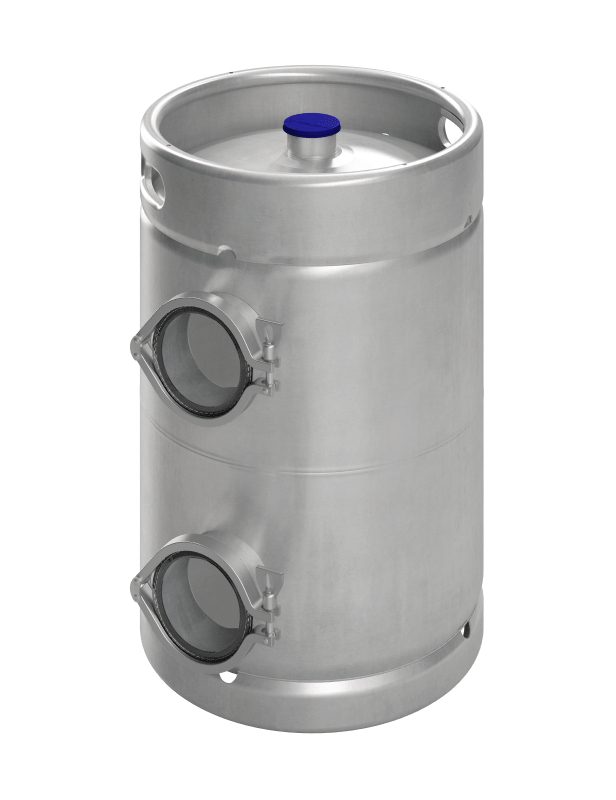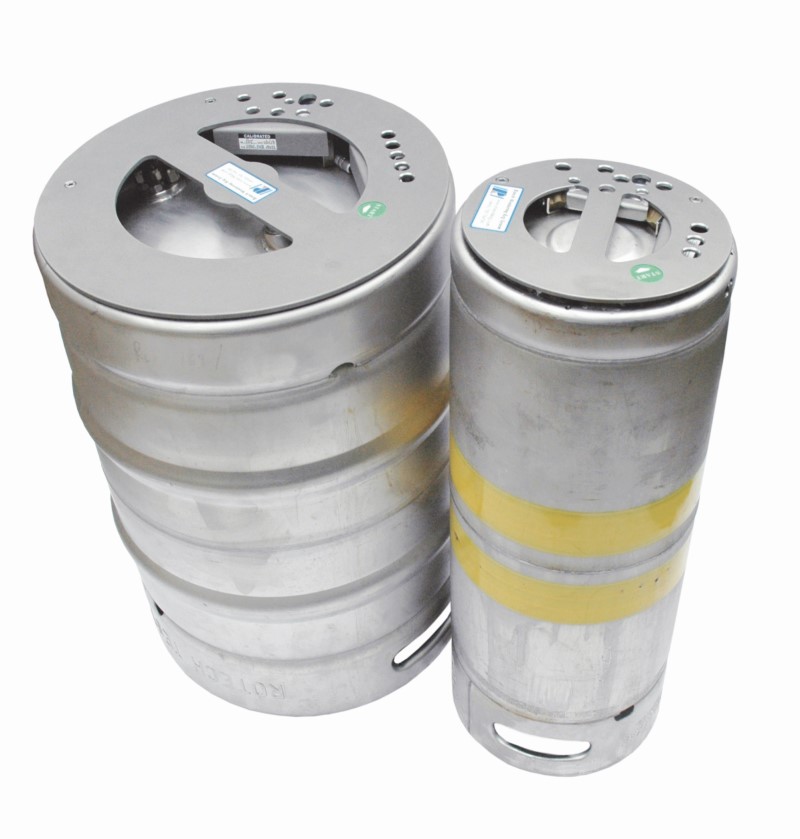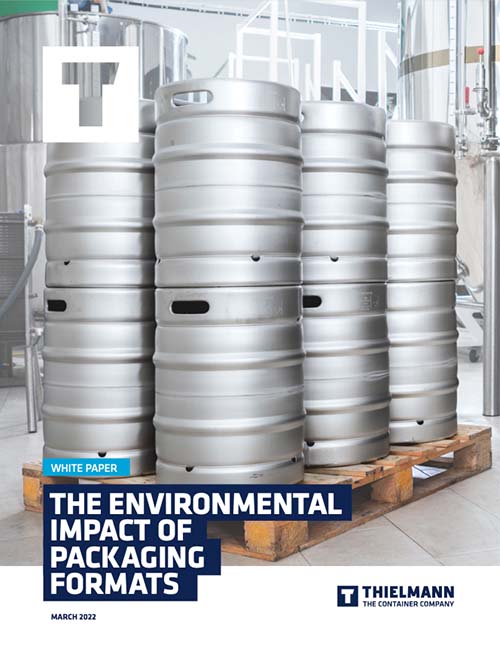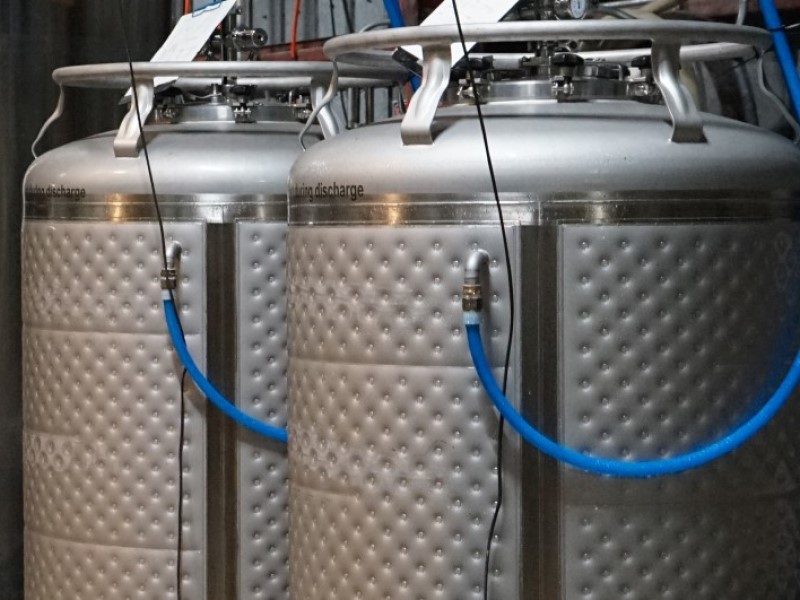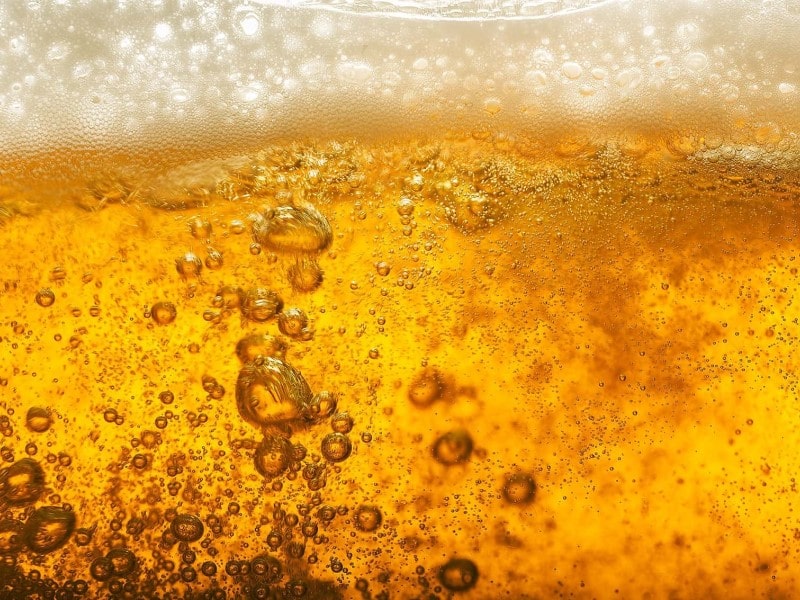WHAT CAN YOUR BREWERY DO TO REDUCE ITS CARBON FOOTPRINT?
Alcoholic beverages account for 0.6% of the Global Warming Potential (GWP) impact category of total products, with packaging contributing a remarkable 40% to the carbon footprint of a beverage’s life cycle. However, this can vary substantially depending on the material; single-use glass bottles, aluminum cans, reusable bottles, and kegs each have very different carbon footprints.
Many brewers and alcoholic drinks manufacturers are exploring ways to make their packaging solutions more sustainable. In this whitepaper, we use the brewing industry as a model. Beer is the world’s most consumed alcoholic beverage, and therefore, changes in the industry have the potential to make a significant environmental impact.
For example, the greenhouse gas emissions associated with the use of single-use glass bottles are around 0.45kgCO2eq. per liter of product, whereas the use of returnable stainless steel kegs reduces this value into the range of 0.05kgCO2eq. per liter of product. This is nine times lower – making kegs the clear choice for sustainable brewing.
Please complete the form below to download your complimentary copy of this whitepaper to your device.


